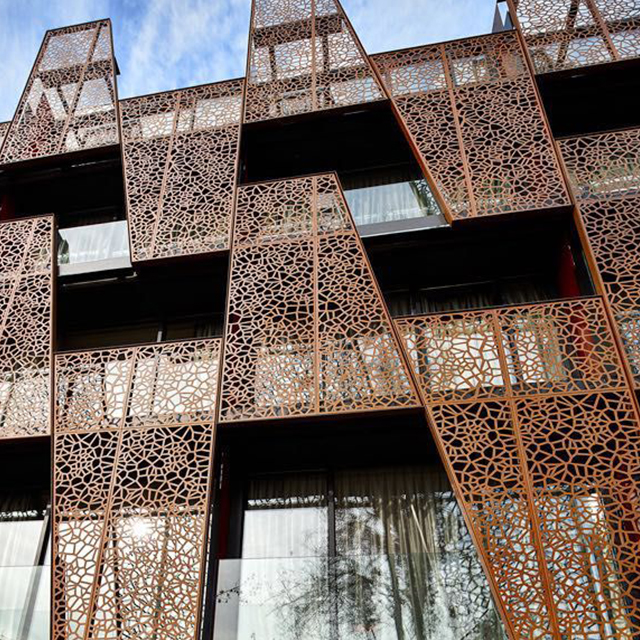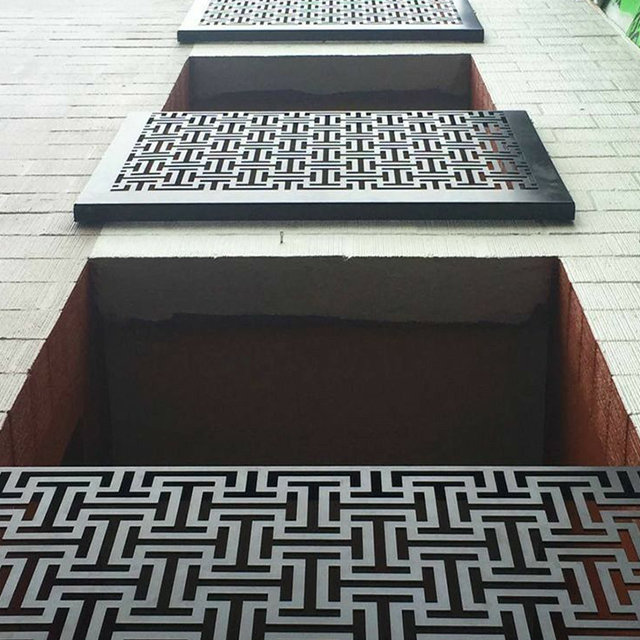Discover the differences between aluminum cladding and traditional cladding materials. Learn about durability, cost, and sustainability to make the best choice for your project. Explore more at Likton Metal.
When it comes to choosing cladding materials for your building project, the decision can be overwhelming. Aluminum cladding has gained popularity in recent years, but how does it compare to traditional cladding materials like wood, brick, and vinyl? This article breaks down the key differences to help you make an informed decision.
1. Durability and Weather Resistance
- Aluminum Cladding: Aluminum is highly resistant to corrosion, rust, and UV rays, making it ideal for harsh weather conditions. It doesn’t warp, crack, or rot, ensuring long-term durability.
- Traditional Materials:
- Wood: While aesthetically pleasing, wood is prone to rot, termites, and weather damage.
- Brick: Durable but can crack over time due to temperature changes.
- Vinyl: Affordable but can become brittle and fade under prolonged sun exposure.
Example: Homes in coastal areas often choose aluminum cladding over wood due to its resistance to saltwater corrosion.
Learn more about durable building materials: The Constructor
2. Cost and Maintenance
- Aluminum Cladding: Although the initial cost may be higher, aluminum cladding requires minimal maintenance and has a longer lifespan, making it cost-effective in the long run.
- Traditional Materials:
- Wood: Requires regular painting, sealing, and pest control, increasing maintenance costs.
- Brick: Low maintenance but expensive to install and repair.
- Vinyl: Low cost initially but may need frequent replacements due to wear and tear.
Case Study: A study by the National Association of Home Builders found that aluminum cladding can save homeowners up to 30% in maintenance costs over 20 years compared to wood.
Read about cost-effective building materials: Building Design + Construction
3. Energy Efficiency
- Aluminum Cladding: When combined with insulation, aluminum cladding improves thermal performance, reducing heating and cooling costs.
- Traditional Materials:
- Wood: Provides some insulation but is less effective than aluminum.
- Brick: Offers good thermal mass but requires additional insulation for optimal energy efficiency.
- Vinyl: Poor insulator compared to aluminum.
Example: Energy-efficient homes often use aluminum cladding to achieve better insulation and lower energy bills.
Explore energy-efficient construction: U.S. Department of Energy
4. Aesthetic Versatility
- Aluminum Cladding: Available in a wide range of colors, finishes, and textures, aluminum cladding can mimic the look of wood, stone, or other materials while offering superior durability.
- Traditional Materials:
- Wood: Offers a natural look but is limited in color and texture options.
- Brick: Classic appearance but lacks design flexibility.
- Vinyl: Limited aesthetic appeal and prone to fading.
Example: Modern homes often use aluminum cladding to achieve a sleek, contemporary look that traditional materials can’t match.
Discover design inspiration: Dezeen
5. Sustainability and Environmental Impact
- Aluminum Cladding: Aluminum is 100% recyclable, and its production requires less energy compared to other metals. It’s an eco-friendly choice for sustainable construction.
- Traditional Materials:
- Wood: Renewable but often involves deforestation and chemical treatments.
- Brick: Energy-intensive to produce and not easily recyclable.
- Vinyl: Made from PVC, which is harmful to the environment during production and disposal.
Example: Green-certified buildings often use aluminum cladding to meet sustainability goals.
Read about sustainable building practices: World Green Building Council
Conclusion
When comparing aluminum cladding vs. traditional cladding materials, it’s clear that aluminum offers superior durability, energy efficiency, and design flexibility. While traditional materials like wood and brick have their charm, aluminum cladding provides a modern, sustainable, and cost-effective solution for both residential and commercial projects.
If you’re considering aluminum cladding for your next project, visit Likton Metal to explore our range of products and solutions. Have questions or need a quote? Contact us today for expert advice and personalized service!

